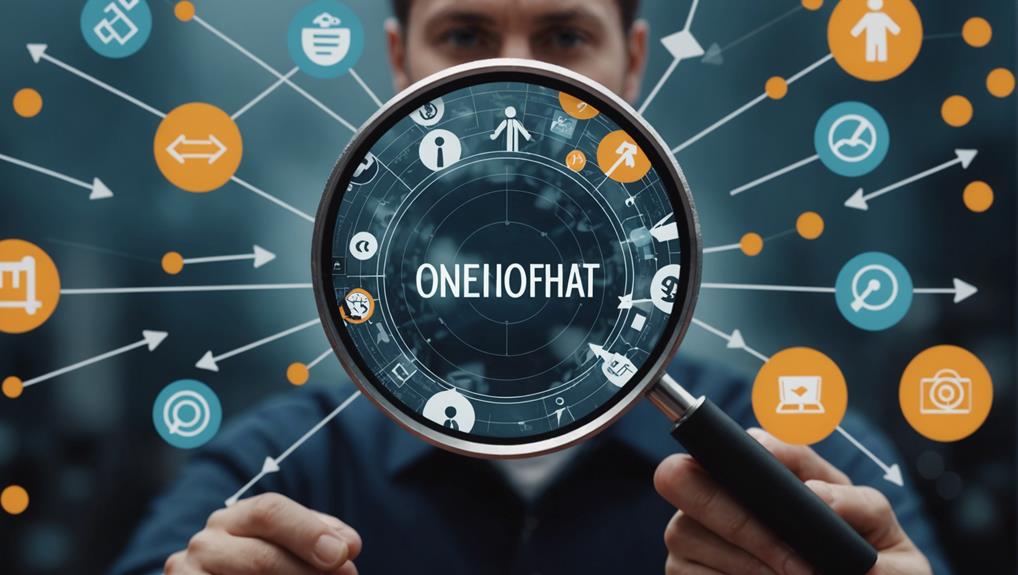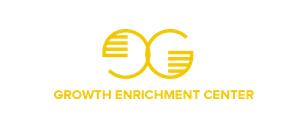
You may not realize it, but confirmation bias affects 90% of your daily decisions. This powerful cognitive phenomenon can subtly sway your judgment without you even being aware of it. By understanding how confirmation bias operates, you can uncover its influence on your choices and learn to navigate its pitfalls effectively. So, how can you guard against this common bias and make more objective decisions that lead to better outcomes? Let's explore the intricate interplay between confirmation bias and decision-making to reveal strategies for enhancing your decision-making process.
Understanding Confirmation Bias
To truly grasp the concept of confirmation bias, understanding how our minds naturally seek information that aligns with our existing beliefs is essential. Our brains have a tendency to favor information that confirms what we already think or believe, leading us to overlook contradictory evidence. This bias can influence our decision-making processes without us even realizing it. It's important to recognize this inclination within ourselves so that we can make more objective and well-informed decisions.
Confirmation bias can shape our perceptions, judgments, and ultimately, our actions. By acknowledging this cognitive bias, we can take steps to counteract its effects. One way to combat confirmation bias is by actively seeking out diverse perspectives and considering information that challenges our existing beliefs. This approach can help us make more rational decisions based on a broader understanding of the situation at hand.
Examples of Confirmation Bias
Confirmation bias is a prevalent cognitive bias that can markedly impact decision-making processes. One common example is when you seek out information that aligns with your preconceived beliefs while ignoring or dismissing evidence that contradicts them.
For instance, imagine you strongly believe in a particular investment strategy. Instead of thoroughly researching alternative approaches, you only focus on information that supports your current method, leading you to overlook significant risks or missed opportunities.
Another example is seen in the medical field, where doctors might subconsciously favor information that confirms their initial diagnosis. If a physician suspects a patient has a certain illness, they might unintentionally prioritize evidence that supports this diagnosis, potentially overlooking other important symptoms or test results that could lead to a more accurate conclusion.
Effects on Decision-Making

In decision-making, the effects of confirmation bias can greatly influence the choices you make, potentially leading to skewed perspectives and suboptimal outcomes. When confirmation bias creeps into your decision-making process, it can cloud your judgment by causing you to seek out information that confirms your preconceived notions while disregarding contradictory evidence. This can limit your ability to explore alternative viewpoints objectively, hindering your capacity to make well-informed decisions.
Furthermore, confirmation bias can create a false sense of confidence in the validity of your beliefs, leading you to overlook potential risks or flaws in your reasoning. By selectively processing information that aligns with your existing beliefs, you may unintentionally ignore valuable insights that could lead to more effective decision-making.
Recognizing and addressing confirmation bias in your decision-making is essential to mitigate its adverse effects. By actively seeking out diverse perspectives, challenging your assumptions, and being open to new information, you can cultivate a more balanced and rational approach to making decisions.
Overcoming Confirmation Bias
Overcoming confirmation bias requires consciously challenging your own beliefs and actively seeking out diverse perspectives to make more well-rounded decisions. It's natural to gravitate towards information that confirms what you already believe, but by acknowledging this tendency, you can take steps to counteract it.
Start by being mindful of the sources you usually turn to and intentionally expose yourself to alternative viewpoints. Engage in conversations with people who've different opinions, read articles from varying perspectives, and consider the underlying reasons behind conflicting beliefs.
Embracing cognitive diversity can lead to richer discussions and more thorough decisions. Remember, being open to changing your mind doesn't signify weakness but rather strength in your willingness to adapt and grow.
Practical Tips for Decision-Making

To enhance your decision-making process, consider implementing practical strategies that foster a well-rounded perspective and informed choices.
First, seek out diverse perspectives. Actively engage with individuals who hold different viewpoints to challenge your assumptions and broaden your understanding of the situation.
Next, gather relevant data from reliable sources. Make sure to take into account both quantitative and qualitative information to guarantee a thorough analysis.
Additionally, take the time to evaluate the potential consequences of each option. Reflect on the short-term and long-term impacts of your decision on various stakeholders.
Moreover, practice mindfulness and self-awareness. Reflect on your values, biases, and emotions to make decisions that align with your authentic self.
Lastly, don't rush the process. Give yourself the time needed to weigh all factors and make a well-thought-out decision. By incorporating these practical tips into your decision-making approach, you can navigate complex choices with clarity and confidence.
Frequently Asked Questions
Can Confirmation Bias Be Completely Eliminated From Decision-Making?
You can work to minimize confirmation bias in decision-making by being open-minded, seeking diverse perspectives, and challenging your own assumptions. While completely eliminating it may be challenging, awareness and deliberate effort can help.
Is Confirmation Bias More Prevalent in Certain Age Groups?
When it comes to confirmation bias and age groups, it's important to recognize that biases can affect anyone. Stay open-minded, seek diverse perspectives, and challenge your assumptions. By doing so, you can make more informed decisions.
Are There Any Benefits to Confirmation Bias in Decision-Making?
Don't discount the power of confirmation bias in decision-making. Sometimes, it can boost confidence, streamline choices, and reinforce beliefs. But remember, balance is key. Stay open-minded to explore all perspectives for better outcomes.
Can Confirmation Bias Lead to Positive Outcomes in Some Scenarios?
In some scenarios, confirmation bias can lead to positive outcomes by boosting confidence and driving action. However, it's important to stay open-minded and seek diverse perspectives to make well-rounded decisions that align with reality.
How Does Group Dynamics Influence Confirmation Bias in Decision-Making?
In group dynamics, your decisions can be swayed by others' opinions. It is crucial to stay open-minded, listen actively, and consider diverse perspectives. By being aware of confirmation bias, you can make more informed choices together.
Conclusion
You absolutely can't ignore the impact of confirmation bias on decision-making! It's like wearing blinders that only let in what you want to see, while blocking out everything else.
Overcoming this bias is key to making well-rounded, informed choices. So, challenge yourself to seek out different perspectives, question your beliefs, and embrace the discomfort of uncertainty.
Only then can you break free from the confines of confirmation bias and make truly insightful decisions.

